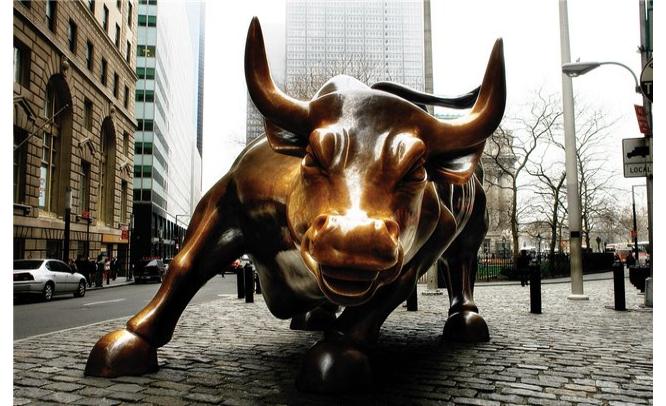Raise in the level of foreign investment, Continued growth of global financial assets and Regulation of International Securities Market in Asia have collectively had an impact on capital markets and cross border trade.
Raising capital becomes a real challenge for corporate around the world due to uncertainty in the global economy. To identify the financial instruments which are most conducive in raising the capital and gauging the dynamics of financial markets is imperative. Struggling credit markets, slumping stocks, and a sliding dollar have been generating anxiety among policy makers and since 2008. The global market had many fluctuations such as the 1987 U.S. stock market crash, the fall of British pound in 1992 and the unravelling of Asia’s financial markets. A recent research by Mckinsey Global Institute (MGI) research has highlighted several trends that look set to continue during the years ahead. The continued growth and deepening of global markets as investors pour money into equities, securities, bank deposits and other assets around the world on one hand and the growth of financial markets, especially in emerging economies and the growing ties between financial markets in developing and developed countries. Also, the shift of financial weight in Asia from Japan to other developing economies across Asia will have an impact on capital markets of these countries.
Continued growth of global financial assets
The volume of global financial assets such as government debt securities, corporate debt securities and equity securities will continue to expand. In the last 25 years the financial assets have grown robustly. However bank deposits have reduced drastically. The past few years have seen the bank deposits see a jump of over $ 5.6 million, with significant contributions from United States.
Depth of financial markets
Financial markets have been growing faster than the global GDP over the years. Due to this the ratio of a country’s financial assets to GDP has been rising constantly over the past few years. In 1990, only 33 countries had financial assets whose value exceeded the value of their GDP’s. By 2006, this figure had more than doubled to 72 countries. Brazil, China, India are some of the few countries whose financial assets have outnumbered the country’s Gross National Product (GNP).
Raise in the level of foreign investment
The raise in the level of investment is making the world more financially interdependent than it was a few years ago. By the end of 2006, it was around $ 74.5 trillion of assets.
Regulation of International Securities Market
The world’s capital markets have continued to undergo dynamic changes, both in terms of structure and complexity. The huge achievements in information and telecommunication technologies have virtually eliminated the boundaries between capital markets of different nations. The regulatory structure of the U.S. Financial system, which was created as a response to the Great Depression and the 1929 stock market crash was designed with a national market in mind. The global nature of modern capital markets frequently means that new regulations are imposed in one jurisdiction may have legal and market effects in the other. Cross border fraud poses significant difficulties and challenges to security regulators whose legal powers stop at their own national borders although their jurisdictions stretch globally. Although markets are now global, regulation remains local, cross border co-operation between financial regulators for the purpose of regulation and enforcement has become a necessity. The International Capital Market Association is also promoting the international capital market by maintaining the framework required for cross border issuing, trading and investing through the development internationally accepted market practices and acting as an intermediary between the governments, regulators, central banks and stock exchanges, both at national and international level, to ensure that financial regulation promotes the efficiency and cost effectiveness of the international capital market.

